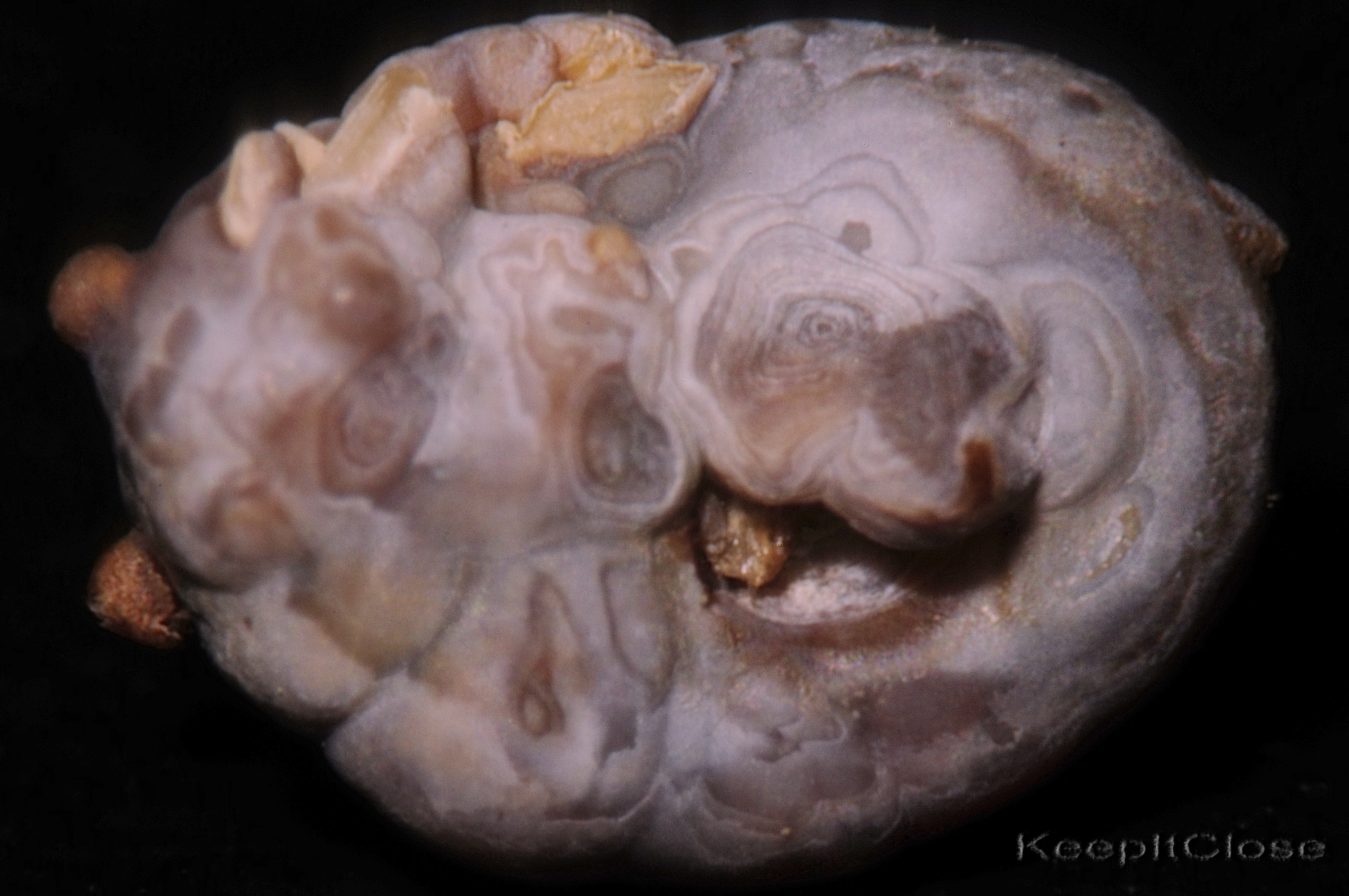Have you ever seen these yellow, mineral-like rocks and thought, “Wow, I wonder where these came from?” Believe it or not, these “rocks” were actually produced by the human body. Specifically, they are known as kidney stones (Nephrolithiasis), which are hard, crystalline mineral materials formed within the kidney or urinary tract. It is important to understand how they are formed, what the associated symptoms are, how to treat them, and what measures you can take to prevent them.
How are they formed?
One key fact to establish is that everyone, not only those with kidney stones, forms crystals in their urine. So, how do kidney stones come about? To begin with, urine contains certain stone-promoting compounds such as calcium, oxalate, sodium, phosphorus and uric acid that come from the bloodstream. The kidney filters these compounds and determines how much of them go back to the blood or get eliminated as waste. In addition, urine contains certain protein and crystal formation-inhibiting urinary macromolecules. These are especially important because they aid in the elimination of the crystals before they get a chance to attach to the kidney and subsequently grow into larger crystals.
Therefore, in order for kidney stones (larger crystals) to successfully form, the urine must become concentrated as a result of:
- Low urine volume
- Higher-than-normal amount of stone promoters
- Lower-than-normal amount of stone inhibitors
- Any combination of the above
Back pain is a common symptom of Kidney Stones.
Image Source: Peter Dazeley
Symptoms of Kidney Stones
- Severe pain in the side and back, below the ribs
- Pain that spreads to the lower abdomen and groin
- Pain that comes in waves and fluctuates in intensity
- Pain during urination
- Pink, red or brown urine
- Cloudy or foul-smelling urine
- Nausea and vomiting
- Persistent need to urinate
- Urinating more often than usual
- Fever and chills if an infection is present
- Urinating in small amounts
Treating Kidney Stones
Treating small stones with minimal symptoms:
- Drinking water (2-3 quarts/day)
- Pain relievers
- ibuprofen
- acetaminophen
- naproxen sodium
- Medical therapy
- alpha blocker (relaxes ureter muscles)
Treating large stones that cause multiple symptoms:
- Sound waves to break up stones
- Surgery to remove large stones in kidney
- Using a scope to remove stones
- Parathyroid gland surgery
Preventing Kidney Stones
There are several lifestyle changes you can do to prevent the possible onslaught of kidney stones. You can reduce its risk by:
- Drinking plenty of water
- 2.6 quarts of water/day
- Eating fewer oxalate-rich foods (rhubarb, beets, okra, spinach, Swiss chard, sweet potatoes, nuts, tea, chocolate, soy)
- Consuming a diet low in salt and animal protein
- Continuing to eat calcium-rich foods but being careful with calcium supplements
Kidney stones are no joking matter, and they can cause extreme pain once they form. It is vital to maintain a healthy, balanced diet while drinking plenty of water each day!
Featured Image Source: by Mike Keeling










